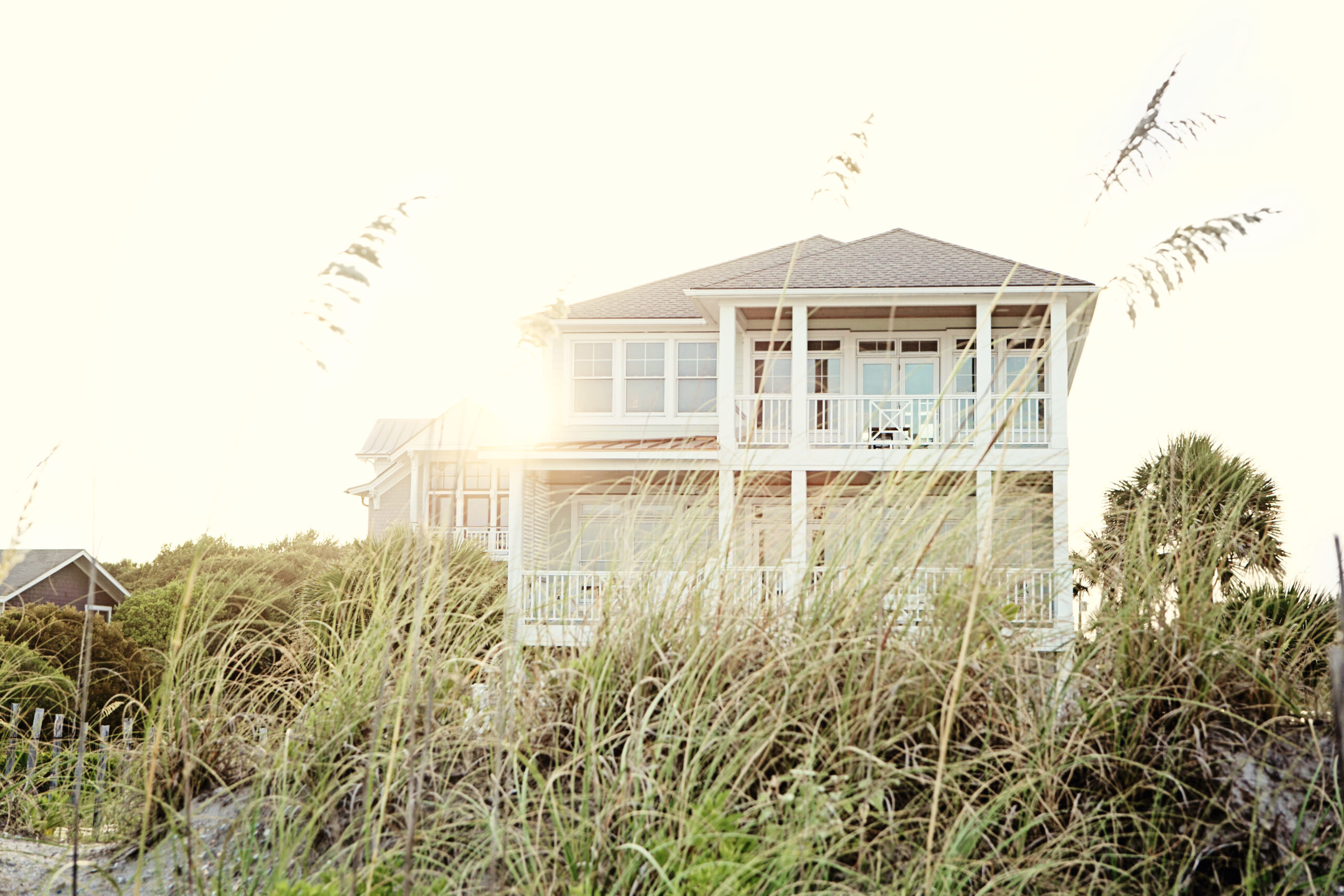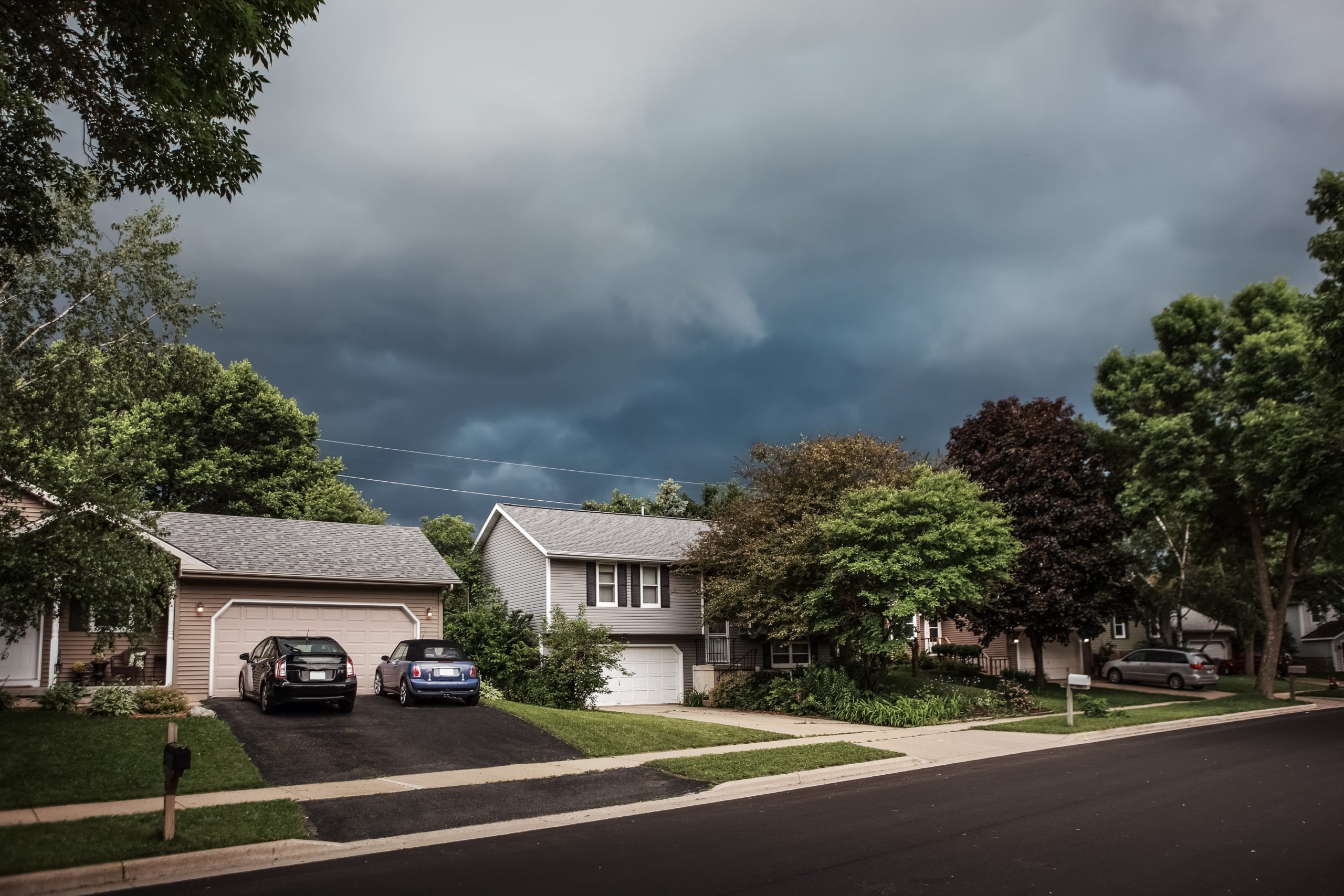Vacation homes can be a great investment, whether you plan to use them to rent out, for after retirement, or simply to stay in on vacations. Buying a second home is a big decision, and it’s imperative you take the time to consider the various financial and lifestyle implications associated with this big purchase. Here are a few questions you should be asking yourself when contemplating buying a vacation property.
Can I Afford It?
Whether or not you can afford a vacation home should be your top concern before seriously pursuing the idea. Think about the state of your finances. Are you saving enough for retirement and any emergencies? Do you have enough for a down payment? Can you still meet your other important long-term financial goals? What is your debt-to-income ratio? A debt-to-income ratio is calculated by adding up all your monthly bills and dividing them by your monthly pre-tax income. The lower your debt-to-income ratio, the more income you have to save and spend on other things and the more likely a lender is to let you borrow money. When you look at all your outstanding debts—the rent or mortgage for your primary residence, student loans, any alimony or child support, and other recurring payments—do you have enough to live on if you add in a new vacation home mortgage? If your debt-to-income ratio is on the higher side, it’s probably not the best time to buy another home.
Beyond the mortgage, it’s important to take into account the other expenses you would incur. Even if you’re only staying in the home part-time, you’ll still have things like utilities, possible HOA dues, insurance premiums, maintenance fees, taxes, and other bills and expenses to take care of all year long. Can you afford to pay these bills for a vacation home on top of your primary residence?
Is This the Right Location?
When it comes to a vacation home, you could pick just about anywhere in the country or even the world to buy. Make sure wherever you pick is somewhere you really like and either see yourself visiting often or believe will have lots of demand for renters. Consider visiting and renting in your desired location a few times in order to better gauge whether it’s the right place to put down roots more permanently. You should also think about localized taxes and ordinances that may be different than what you’re used to at your primary residence.
Why Do I Want to Buy a Vacation Home?
Sure, we’d all like to have a vacation home, but it’s important to ask yourself why exactly you want one. Is it somewhere you’ll visit regularly? Will you be saving money by owning instead of renting when vacationing? Are you buying it as an investment property to rent out? Is this where you’d like to retire someday? Will you get enough use out of it now or in the future to make it a worthwhile purchase? Having another home may seem ideal in theory, but it’s not always the most practical decision depending on your lifestyle and needs. It’s important to weigh the pros and cons of vacation home ownership before making a decision.
Is This the Best Time to Buy?
Avoid buying a home during peak tourist season, be it winter for mountain property or summer for something by the water. Current owners are likely looking to recoup their investment during the busy season and are less likely to put homes on the market. Wait for the final weeks of peak tourism or later. For properties with summer as their high season, the time between Labor Day and Thanksgiving is perfect to search for your dream property as you take ownership early enough to get an idea of what future summers might be like and still make repairs and do maintenance work before winter sets in. For winter vacation homes, aim to search in the spring (but don’t wait too long to start looking, as some particularly remote properties may get boarded up for the summer months).
If you’re thinking about buying a vacation home, reach out to one of our experienced loan officers today to explore your financing options!



